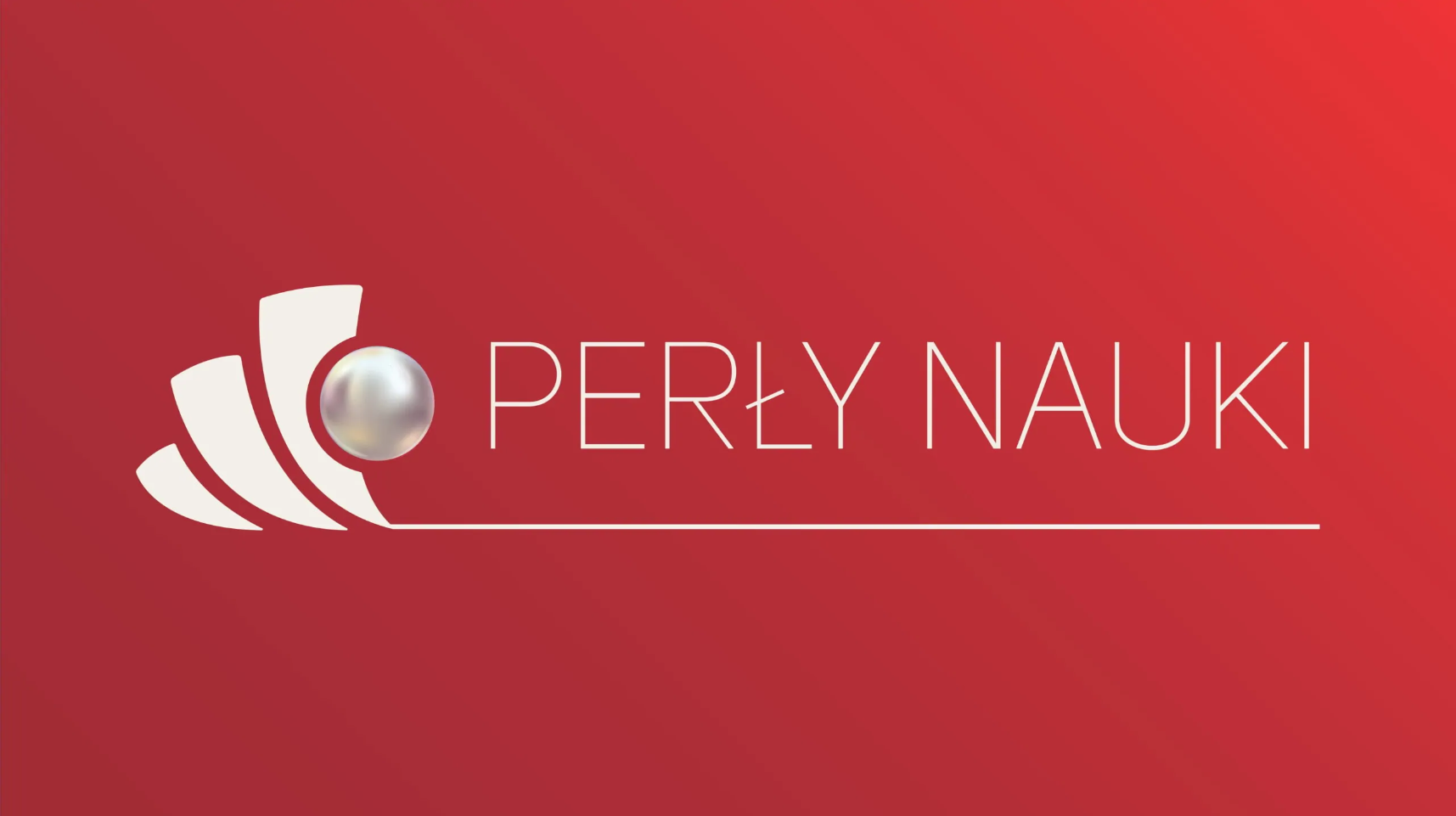3D printing is an innovative method of rapid production, with metal 3D printing being a particularly promising branch of additive manufacturing. This technology is used in mechanical, civil, and medical industries. Additive manufacturing is a widely studied field of science due to its practically unlimited production capabilities and easy accessibility.
Technologies enabling production on a larger scale are those where the printer provides a large workspace and the possibility of its full utilization, such as those using powder as the initial material, bonded using light, electrons, or binders, as in the Binder Jetting technology. Objects produced in this way can be serially manufactured with high accuracy and speed, using metal powder combined with a polymeric binder. Parts need to undergo sintering after printing to remove the binder.
To improve the properties of elements, thermal-chemical processing is often necessary to achieve optimal parameters of the printed parts.
As part of this project, the most commonly used metal materials in 3D printing technology, such as 42CrMo4 (4140), 17-4PH, or 316L, will be analyzed. Research on post-printing processing technologies, density, microstructure, hardness, and surface roughness of objects will be conducted.
The subject of the research is the selection of optimal connections for gradient structures with variable density, their production using 3D printing technology, and the enhancement of strength parameters through vacuum nitriding thermal-chemical processing for such objects.
The total cost of the project is 236,764.00 PLN.
